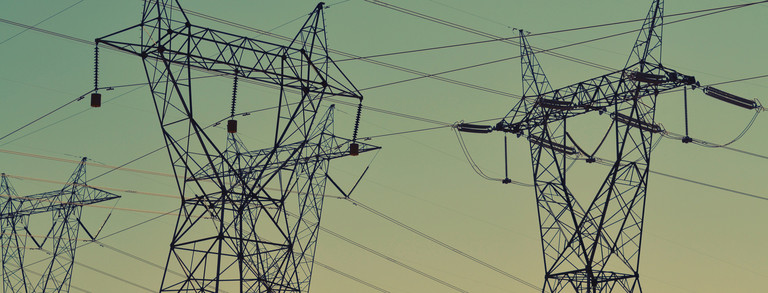Statistical methods for energy systems: aggregation and decomposition
B02 addresses statistical methods in the aggregation and decomposition of energy distribution networks to master their complexity from the perspective of upper-level transmission networks. In the long run, the project will develop methodology for electrical distribution grids to cover multi-energy aspects including district heating, heating-ventilation and air-conditioning systems.
Project Leaders
Prof. Dr.-Ing. Timm Faulwasser
Institute of Control Systems
Hamburg University of Technology
Prof. Dr. Roland Fried
Department of Statistics - Chair of Mathematical Statistics and Applications in Science
TU Dortmund University
Summary
This project constructs and investigates statistical methods for aggregation and decomposition to tackle the complexity of energy distribution networks, which can involve easily several 100 individual items with corresponding storage dynamics, e.g., electrical vehicles, controllable loads in households, and energy storage systems. In the first funding phase, we focus on electrical distribution networks (more briefly grids), while later funding periods will cover sector-coupling aspects including district heating as well as heating-ventilation and air-conditioning systems.
Our analysis takes the perspective of upper-level energy transmission networks towards the statistical behavior of lower-level distribution grids at the vertical grid coupling between both layers. Aggregation of the storage dynamics of energy distribution networks can improve system operation on the transmission system via temporal couplings. Control actions decided upon on the transmission level in turn need to be mapped to the individual items composing the distribution systems. In other words, it is necessary to ensure that the action computed for aggregated abstractions can be disaggregated, i.e., control actions can be assigned in a feasible manner to the individual devices. We thus need to construct aggregations which admit statistical guarantees (a) on the temporal evolution of aggregated non-stationary statistics at the coupling, especially with respect to energy demand and active and reactive power fluctuations, and (b) for feasible disaggregation. In view of the highly spatially and temporally dependent and non-Gaussian energy production by distributed renewable energy resources, such as photovoltaics or heat pumps, we construct moment and quantile based uncertainty measures from flexible copula models for their spatio-temporal behavior.
Jeschke, M., Faulwasser, T., Fried, R. (2025). Probabilistic Time Series Forecasting of Residential Loads - A Copula Approach. To appear in 2025 IEEE Kiel PowerTech. Already available on arXiv DOI: 10.48550/arXiv.2504.21661.
Molodchyk, O., Schmitz, P., Engelmann, A., Worthmann, K., Faulwasser, T. (2025). Towards data driven multi-stage OPF. arXiv. DOI: 10.48550/arXiv.2502.01545.
Molodchyk, O., Teutsch, J., Faulwasser, T. (2024). Towards safe Bayesian optimization with Wiener kernel regression. arXiv. DOI: 10.48550/arXiv.2411.02253.



